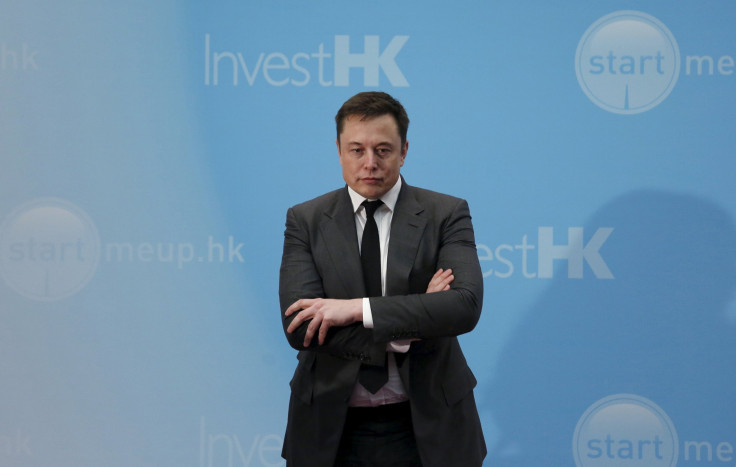Mars Colonization Just The Beginning? SpaceX Mission Could Travel ‘Well Beyond' Red Planet, Elon Musk Says

SpaceX founder Elon Musk is no stranger to high expectations and he spent the weekend raising the bar on one of his most ambitious projects to date.
Musk mused on Twitter that the Mars Colonial Transporter (MCT) his firm is developing — which they hope will make it possible to bring 100 tons of cargo and 100 people to Mars — actually needs to be renamed. Once made, it will be able to go further than Mars, Musk wrote, before saying the vehicle should be called the “interplanetary transport system.”
“Turns out MCT can go well beyond Mars, so will need a new name,” Musk’s first tweet on the subject read. Media outlets picked up on his comments Monday.
His bravado comes just weeks after a SpaceX Falcon 9 rocket holding a Facebook satellite blew up on the tarmac days before it was supposed to launch.
Whether or not Musk actually intends to send colonizing missions to other planetary objects beyond Mars — colonizing the red planet has been a major focus for the firm over the past 14 years or so — is unknown, but it turns out that the solar system’s fourth planet isn’t the only place that may be capable of hosting humans. Other planets and setellites, like the Moon, Venus, the asteroid Ceres and moons Titan (Saturn) and Callisto (Jupiter) all have some potential advantages that could help them support colonies.
Mars has been the focus of would-be astronomical colonists because of its relative proximity to Earth, thin atmosphere and potential sources of water ice. Should that not work out (or even if it does, perhaps) Musk seems keen on trying out those other options with whatever the Mars Colonial Transporter ends up being renamed, according to Ars Technica.
Musk’s fans had a few ideas for him, including “Heart of Gold,” a reference to the Hitchhiker’s Guide to the Galaxy and “Millennium Falcon,” the famed spacecraft from Star Wars.
© Copyright IBTimes 2025. All rights reserved.






















